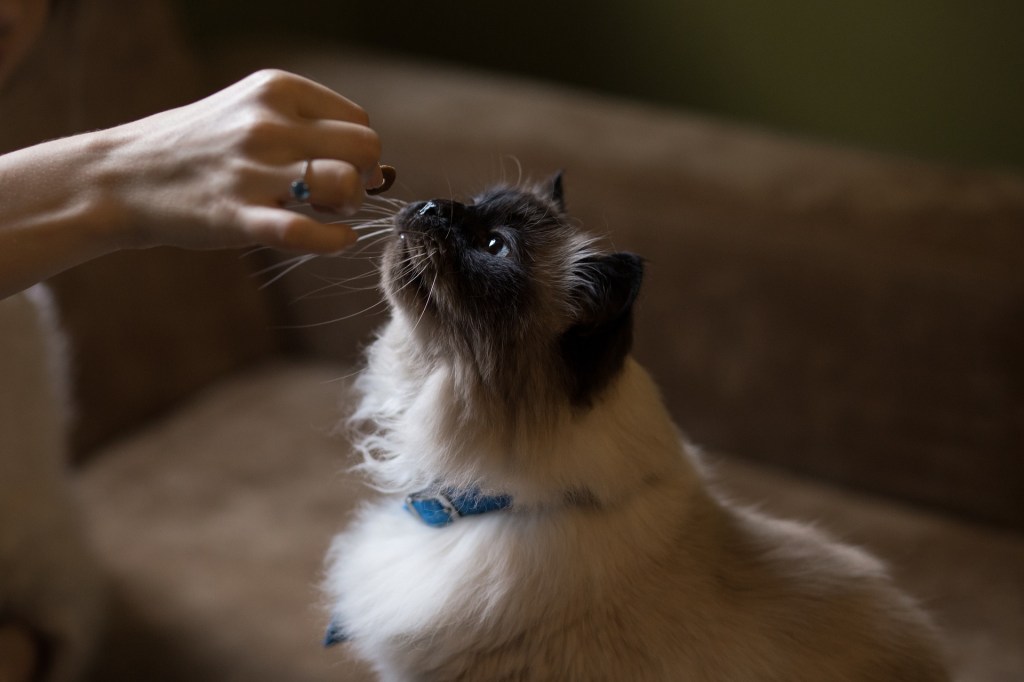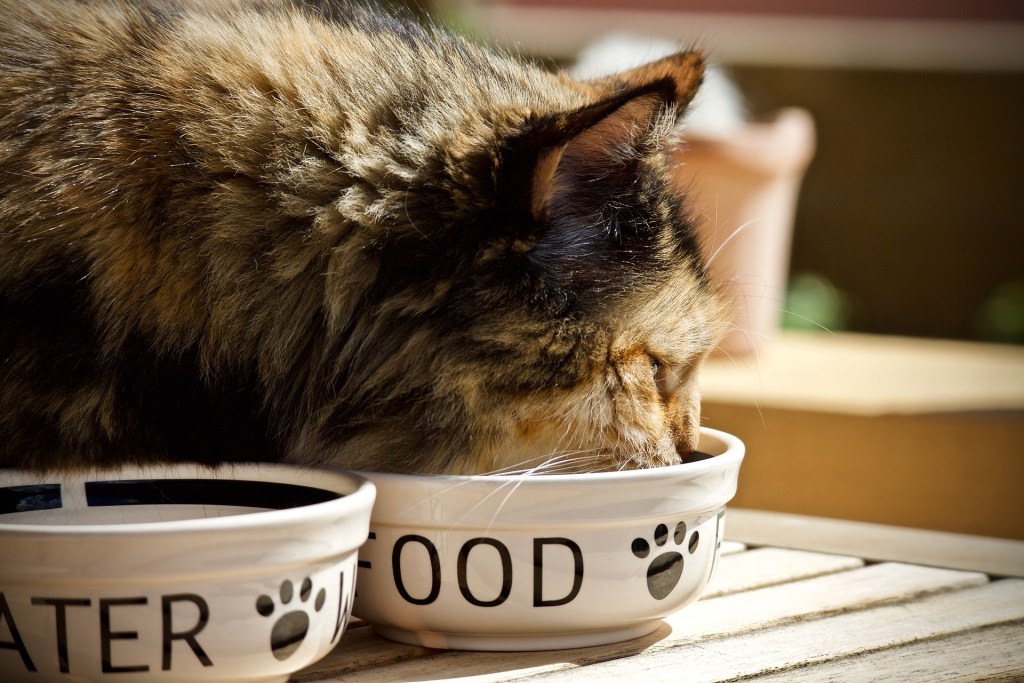Anemia is a serious health condition in cats, and it’s often caused by a separate health issue. In many cases, though, anemia can be successfully managed if it’s caught early and you work with your vet to ensure your cat gets the treatments he needs. There are even some home treatments that can help you manage and prevent feline anemia.
Understanding anemia in cats
An anemic cat has an abnormally low number of red blood cells. Anemia can range from mild to severe, and symptoms can include lethargy, vomiting, decreased appetite, pale gums, open-mouthed breathing, excessive thirst, and weight loss. Left untreated, anemia can be fatal, and unfortunately, many cats don’t show symptoms of anemia until the condition has become severe.
Anemia has many causes, including cancer, drug reactions, chronic illness, kidney failure, parasitic infection, feline leukemia, and even toxins. To better understand your cat’s anemia, your vet will work to identify the root cause so you can treat both the anemia and the condition behind it.

Treating anemia in cats
Depending on the cause and severity of your cat’s condition, you may be able to explore both veterinary and home treatment options for his anemia.
Veterinary treatments
Your vet may recommend one or more treatments, especially when your cat is initially diagnosed. If your cat’s anemia is severe, he may need a blood transfusion and hospitalization to save his life.
In addition to or in place of a transfusion, your vet may recommend treatments like antibiotics or immunosuppressive medication. Some cats will benefit from iron supplementation.
Your vet will also take steps to treat the underlying cause of your cat’s anemia.
Home treatment and prevention
Depending on the cause of your cat’s anemia, dietary changes may help you manage it. If your cat’s kidneys aren’t functioning properly, then putting him on a cat food designed for cats with kidney disease can help support his kidney function and minimize potential anemia.
Your vet may also recommend high-iron cat food to help your kitty maintain proper iron levels. Lean meats, like chicken and turkey, are good sources of iron. Your cat might also benefit from an iron supplement, especially if he’s a picky eater and you worry about changing his diet. Your vet will recommend this only if your cat’s blood work indicates he needs this extra iron, so don’t feed him a supplement unless your vet tells you to.
There are also many ways that you can help prevent anemia in your cat. Anemia can be caused by diseases and parasites, so make sure your cat stays current on flea and tick medications and the vaccines that your vet recommends. Be sure to keep toxins like human medications, garlic and onion powder, and mouse and rat poison where your kitty can’t get to them. Provide your cat with access to plenty of fresh water in different locations within your home, and feed him a nutritionally balanced diet. Always have a new cat tested for feline leukemia and feline immunodeficiency virus before bringing them home.
Regular veterinary care also plays an important role in anemia prevention. Make sure your cat sees the vet at least once a year and, if your cat is older, talk to your vet about regularly screening him for kidney disease so that you can identify the condition early if it does occur.

Your cat’s prognosis
Anemia can be a frightening diagnosis, but your cat’s prognosis will depend on the type and severity of his anemia, as well as any conditions that may be causing it. Many anemic cats do well with appropriate treatment, especially if the anemia is caught early on, but your vet will be able to provide you with specific information about your cat’s condition. If your cat’s anemia is the result of a condition like cancer or an autoimmune disease, the prognosis may not be favorable.
While home treatments can be helpful, it’s important to always work closely with your vet when managing your cat’s health and to also inform your vet about any home treatments you’re trying. Some treatments might conflict with or reduce the effectiveness of the treatments your vet prescribes, so be sure to always update your vet before changing your cat’s diet or other lifestyle elements.


